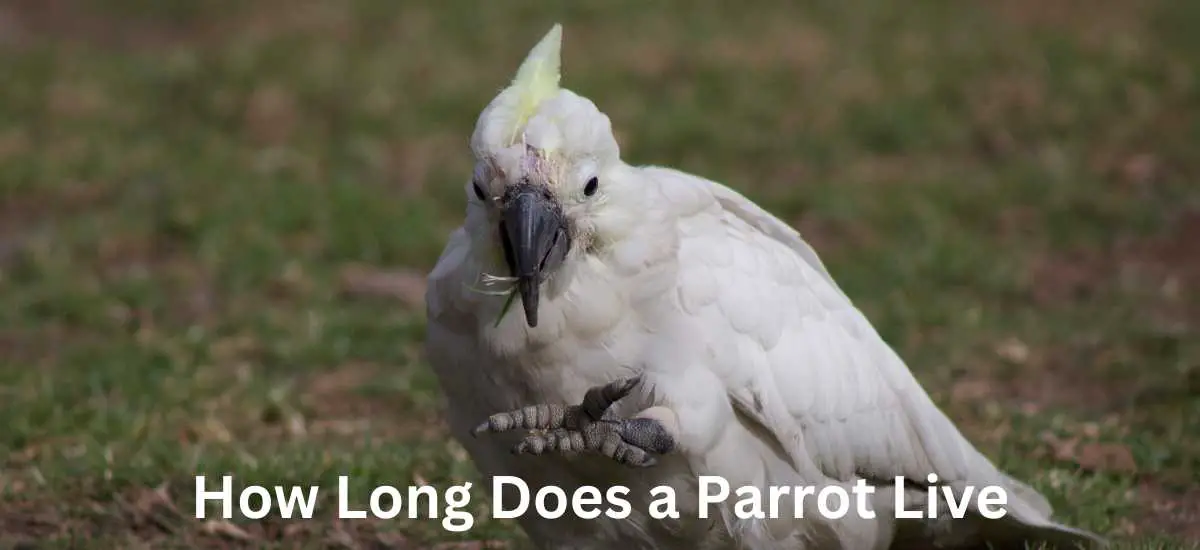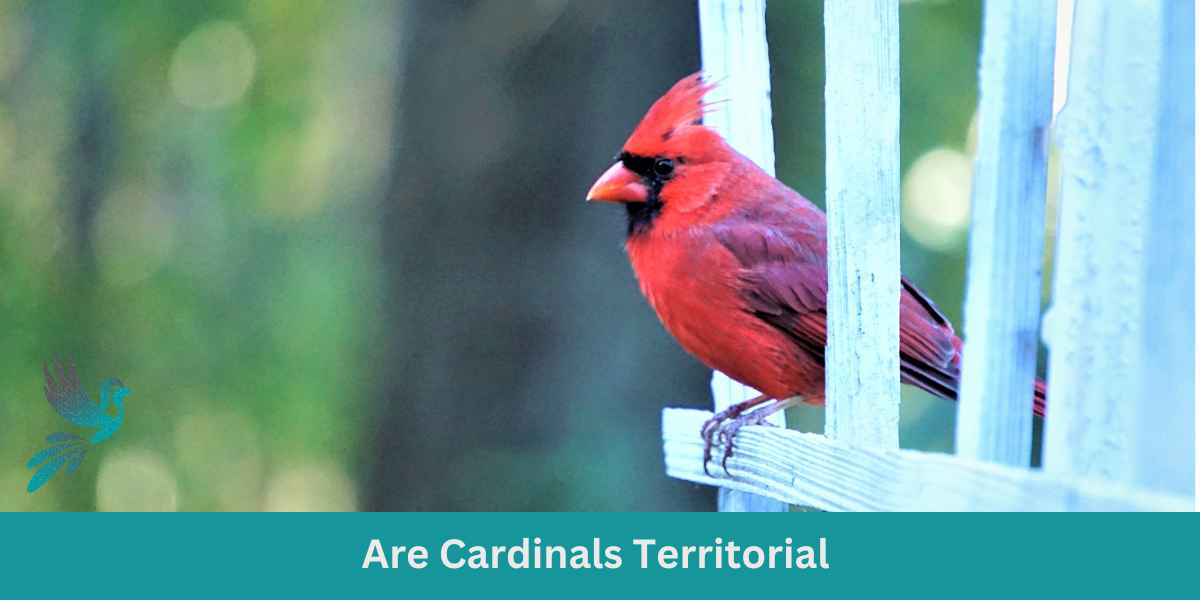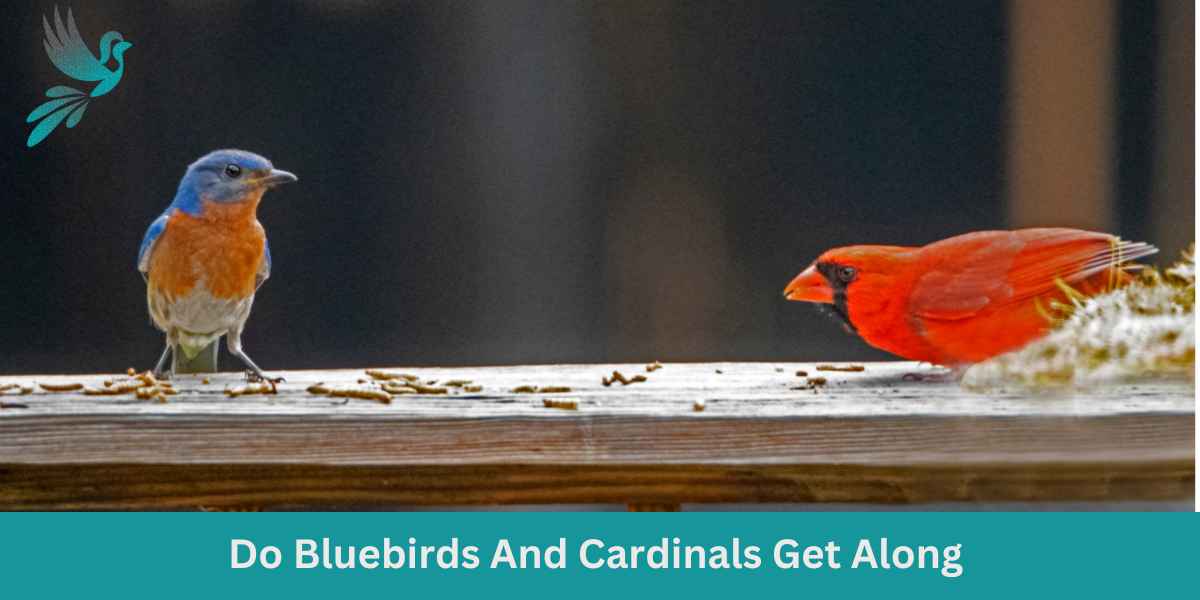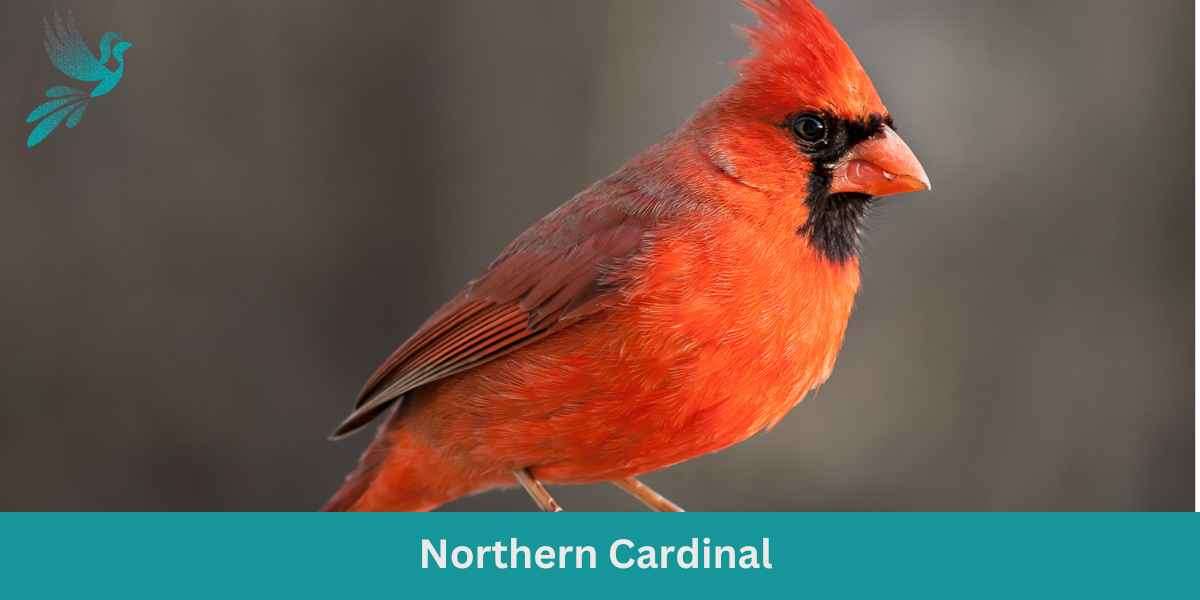Did you know that parrots can live for over a eighty years? That’s right, some of these birds have been known to stick around for decades, outliving their owners time and time again!
Whether you’re thinking of getting a pet parrot or are already providing a forever home for one, it’s important to understand their lifespan.
This article looks into the fascinating world of parrot lifespans and all the ins and outs of pet ownership that come with it. So let’s dive in – because when it comes to lifespans, parrots sure do know how to play the long game!
Parrots are known for their longevity, and some species can live for an incredibly long time. The average lifespan of a pet parrot is between 20 to 80 years, depending on the species and the care they receive.
Larger parrots, such as Macaws, can live for up to 80 years, while smaller species, like Budgies, typically live for 10 to 20 years
Importance of knowing the Parrot Lifespan of Captive Birds
Parrots are fascinating birds that can make great pets, but it’s essential to understand how long parrots live and what you need to do to keep them healthy and happy.
By providing your parrot with a healthy diet, plenty of exercise, a comfortable environment, and regular veterinary care, you can help increase their life expectancy and ensure they live a long and healthy life.
So, if you’re thinking of getting a pet parrot, make sure you’re ready for a long-term commitment, as some species can live for up to 80 years or more.
Factors That Affect Parrot Life Expectancy

There are several factors that can affect the lifespan of a pet parrot, including:
Diet: Feeding your parrot a healthy, balanced diet is crucial for their longevity. Parrots need a diet that’s high in protein, low in fat, and contains plenty of vitamins and minerals. Feeding your parrot a diet that’s high in sugar or fat can lead to obesity and other health problems.
Exercise: Parrots are active birds, and they need plenty of exercise to stay healthy. Providing your parrot with toys and climbing structures will help them stay active and prevent boredom.
Environment: Parrots need a comfortable and stimulating environment to thrive. A cage that’s too small can lead to stress and boredom, while exposure to toxins, such as smoke or cleaning chemicals, can be harmful to your bird.
Medical Care: Regular check-ups with a veterinarian and prompt treatment of any health issues are essential for your parrot’s well-being.
Stress: Stress is also a factor that can cause a bird’s life to be shorter than it should be so providing an enriched environment for them is essential for their wellbeing. Different speciesof parrots may also have different life expectancies and may be more or less sensitive to certain factors.
Some species, such as Macaws and African Grey Parrots, are known for their intelligence and sociability and may have longer lifespans with proper care. Other species, such as Lovebirds and Finches, have shorter lifespans and may be more sensitive to changes in their environment.
It’s important to keep in mind that even with proper care, some parrots may still have shorter lifespans due to genetics and other factors that are beyond our control. However, by providing your parrot with the best care possible, you can help ensure that they live a long and happy life.
How to Increase Your Parrot’s Life Expectancy
There are several things you can do to increase your parrot’s or other birds life expectancy, including:
- Provide your pet bird a healthy diet: Feeding your parrot a balanced diet is one of the most important things you can do to keep them healthy.
- Provide plenty of exercise: Make sure your parrot has plenty of toys and climbing structures to stay active and prevent boredom.
- Create a comfortable environment: Provide your parrot with a comfortable and stimulating environment, including a cage that’s large enough for them to move around freely.
- Regular check-ups with a veterinarian: Regular check-ups with a veterinarian can help you catch any health problems early and prevent them from becoming more serious.
Average Lifespan of Different Parrot Species
The average lifespan of pet birds is largely determined by species, with some species living longer than others. Here is a quick overview of the expected lifespans organized by parrot type:
| Bird Species | Average Lifespans |
|---|---|
| Eclectus Parrots | Up to 30 to 50 years |
| Lorikeets (Lories) | Up to 10 to 30 years |
| Lovebirds | Up to 10 to 15 years |
| Macaws (learn about macaws) | Up to 30 to 50 years |
| Senegal Parrots | Up to 50 years |
| Pionus Parrots | Up to 25 years |
| African Grey Parrots | Up to 40 to 60 years |
| Amazon Parrots | Up to 30 to 50 years |
| Cockatiels | Up to 10 to 15 years |
FAQS on How Long Do Parrots Live
Can parrots live for a long time?
Yes, these birds live a long time, and some species can live for up to 80 years or more with proper care. Most parrot’s lifespan for between 10-30 years. Whilst many species are long lasting, African greys will probably live the longest.
What affects the lifespan of a parrot?
There are several factors that can affect the lifespan of a parrot, including diet, exercise, environment, and medical care. Small birds tend to not live as long as larger birds.
How can I increase my parrot’s life expectancy?
You can increase your parrot’s life expectancy by providing them with a healthy diet, plenty of exercise, a comfortable environment, and regular veterinary care.
Are larger parrots more likely to live longer than smaller species?
Yes, in general, larger pet parrots tend to have a longer lifespan than smaller species.
What is the average lifespan of a pet parrot?
The average lifespan of a pet parrot is between 20 to 80 years, depending on the species and the care they receive.
Can I keep my parrot healthy and happy for its entire life?
Yes, with proper care, diet (plenty of fresh fruits and vegetables), and environment (ensuring good mental health is as important as diet), you can help keep your parrot healthy and happy for its entire life.
Do wild parrots live longer than captive birds?
Parrots generally live longer in captivity than their wild counterparts (see where parrots come from) for a variety of reasons. While living in a home, parrots are protected from many of the things that can shorten their lifespan such as predators and disease.
Pet owners can provide their parrots with a safe and secure environment (an appropriately sized cage) along with a proper diet full of nutritional foods that are not available to them in the wild.
The lack of natural threats (captive birds rarely encounter predators) also allows for more exploration and activity without fear, which can increase physical and mental stimulation for your parrot and improve its overall health.
Regular veterinary check-ups enable an early detection of any issues that could affect longevity.
Overall, when cared for properly, parrots in the pet trade have been known to have lifespans far greater than those living in the wild due to the improved nutrition and security they receive while living with their owners.
The Guinness World Record for the Oldest Parrot Ever
The longest lived parrots are said to be over 100 years but the longest recorded by the Guinness World Records is Major Mitchell’s cockatoo (Cacatua leadbeateri) named Cookie who was approximately 82 years and 88 days old when he passed away on 27 August 2016.





